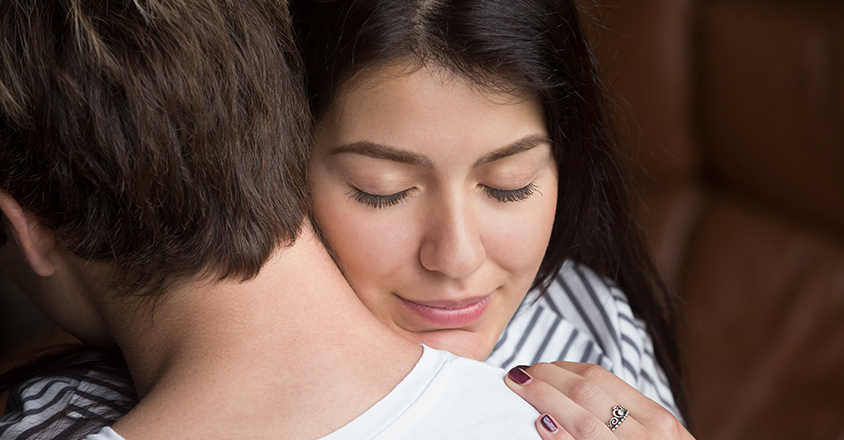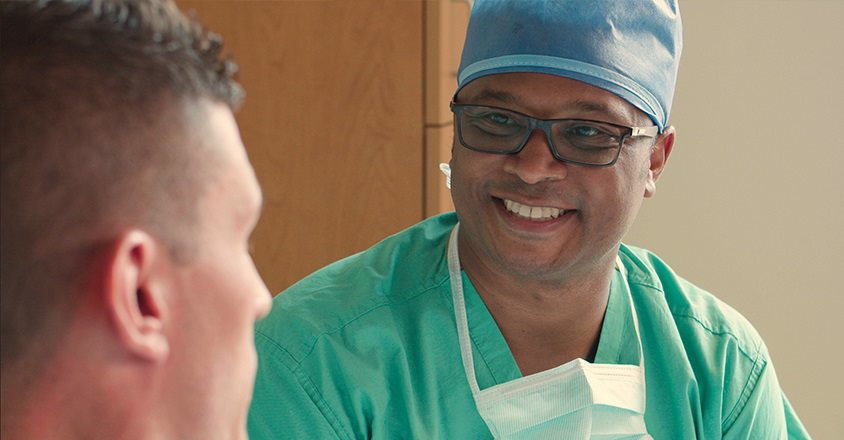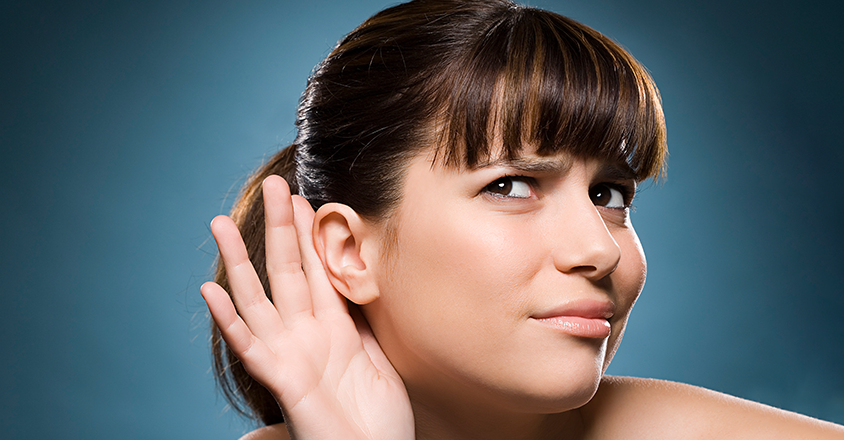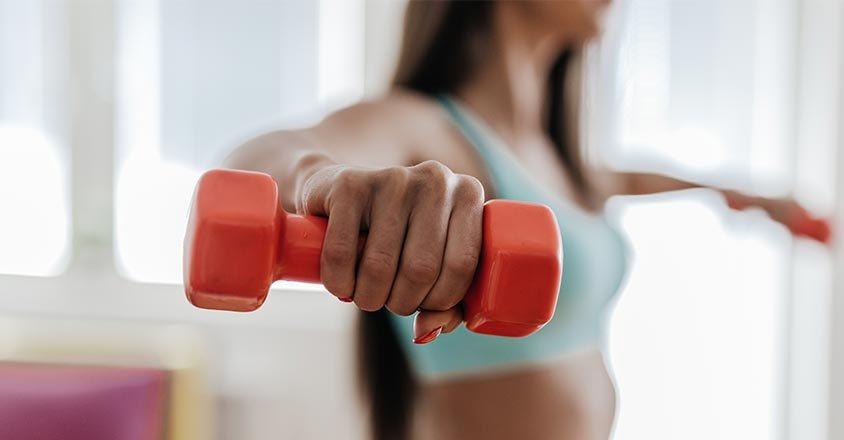Maximize your workout with recovery
Whew! You got a great workout in... now what? Don’t let all your hard work be for nothing! Whether you want to gain muscle mass, lose weight or keep your healthy lifestyle, it’s essential to take time to recover after your workout. Follow these four steps to help your body and brain feel even better after exercise.
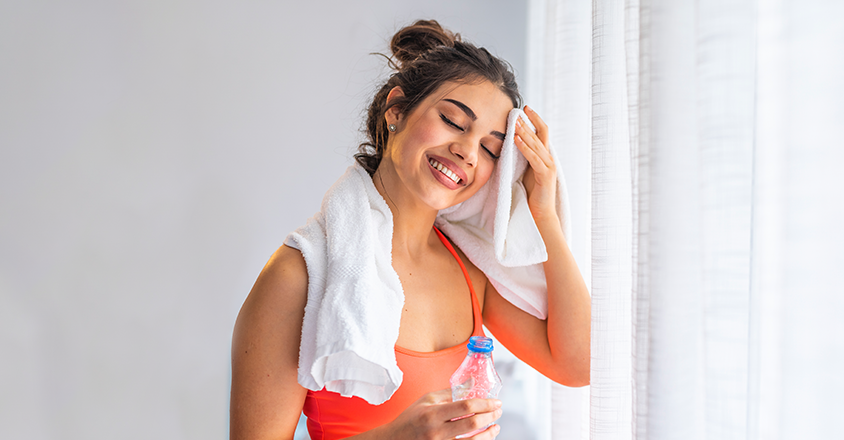
The National Library of Medicine says active cool-downs may promote faster cardiovascular and respiratory systems recovery. An active cool-down is a brisk walk after a cardio session. Following a strength training session, an active cool-down is stretching or gentle body movements. Typically, a cool down ranges from five to 10 minutes. The goal is to circulate your blood and slow your heart rate gradually. Take these few minutes after your workout to reset your body and reflect on your hard work.
Through sweating and heavy breathing, your body loses water during exercise. Drinking plenty of water after your workout helps restore your body’s temperature and muscles. You can prevent dehydration by drinking water before, during and after your training.
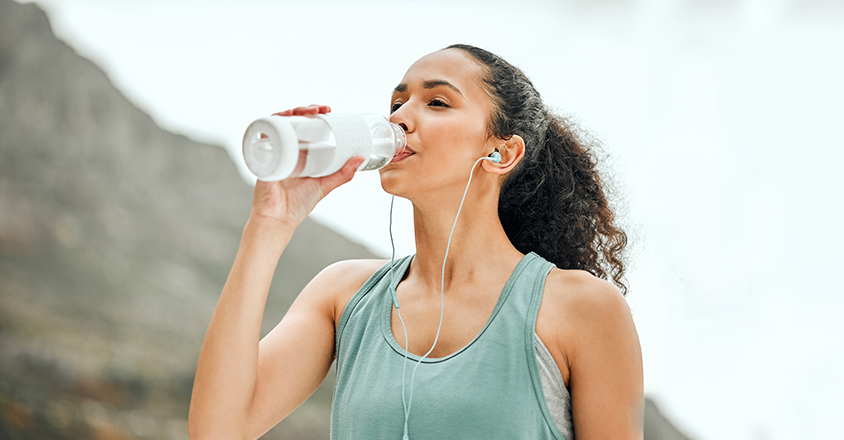

The International Society of Sports Nutrition recommends eating protein and carbs after exertion. Protein helps repair muscles. Carbs replenish your glycogen stores. Eating these two together will speed up your recovery. You’ll feel ready to work when you hit the gym again.
Exercise and sleep go hand-in-hand. Research from The National Sleep Foundation shows that adults who exercise tend to sleep better. They recommend between seven and nine hours of sleep per night for the average adult. This is when your body does the bulk of its recovery. When you’re not getting enough sleep, your body doesn’t have enough time to repair itself from activity.

Add these tips to your exercise regimen to maximize your results.
Genesis HealthCare System’s Health and Wellness content conveniently provides accurate and helpful information. Your health history and current health may impact suggestions provided through our Health and Wellness content. Although we hope this information is helpful, it is not a substitute for your doctor's medical advice. Before making any significant changes, please consult your doctor.
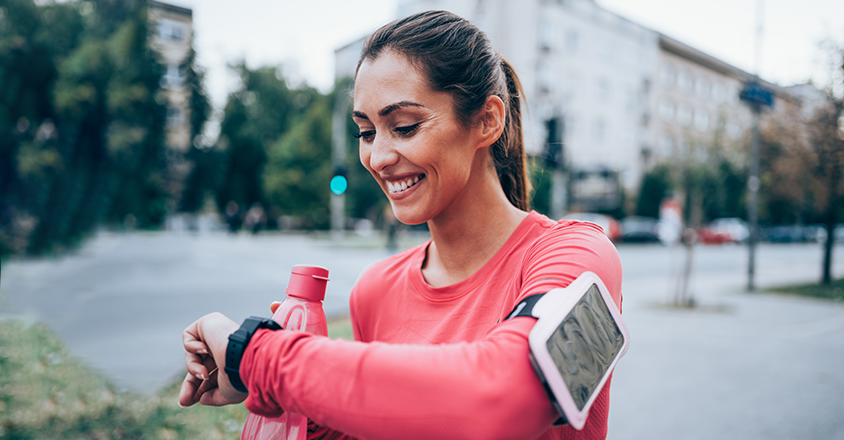
Follow these four steps to help your body and brain feel even better after exercise.


